Fishing vs. Hunting
Two of the many long-standing institutions today are fishing and hunting. In countries like the United States, these hobbies are popular among millions of people.
Besides, they also contribute heavily to the country’s economy in the area of outdoor recreation. These industries are also big employers.
In fact, of the two, fishing ranks No. 2 in popularity as an outdoor activity among Americans.
Difference between Fishing and Hunting
Fishing
Fishing is not just an art, but also a sport or even an occupation concerning catching fish. It is also a relaxing activity since people pursue it as a hobby.
Hunting
Hunting is a sport that concerns trapping or killing animals. Over the years, it has evolved to be a practice done as recreation or for trade. Lawful hunting today is all about hunting down game comprising animals and birds.
Types of Fishing and Hunting
Fishing
There are a few types of fishing, particular to its purpose.
These are:
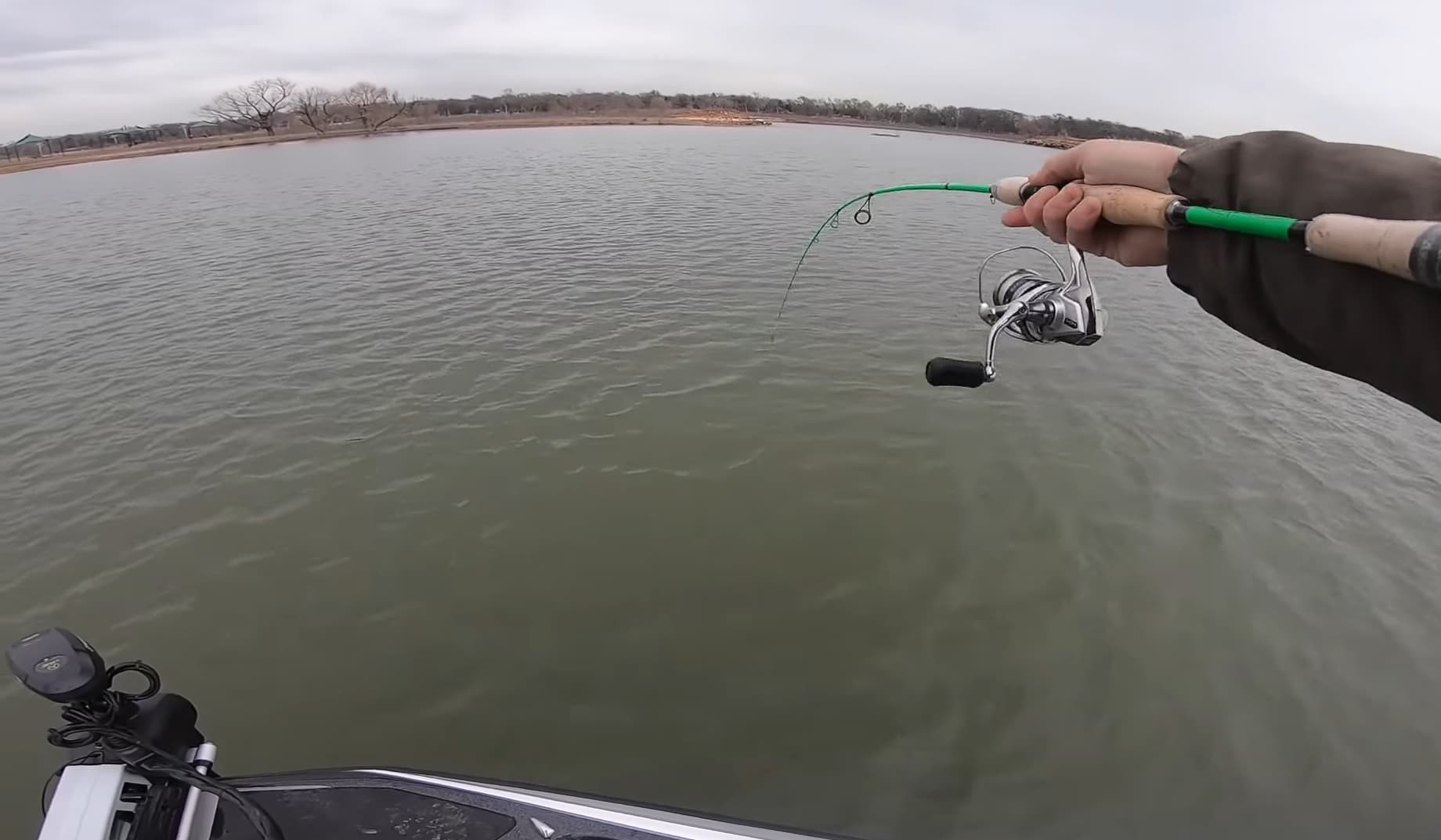
Traditional
Fishing done using traditional tools and techniques is known as Traditional Fishing. People engage in this type of fishing for their survival, to sell their produce, for commercial gain or for their daily food.
Recreational
If one enjoys the sport of fishing and pursues it as a hobby, it’s called Recreational Fishing. When fishermen catch fish with a hook, it’s called angling.
Sports
When done for participating in a competition, fishing becomes a sport.
Commercial
Fishing done for commercial purposes is generally practiced in oceans or such large water bodies. With the help of modern fishing techniques and technology, fishermen capture and bring their catch ashore.
Big-game Fishing
This kind of fishing uses boats to catch large fish species in open waters, such as tuna, sharks and marlin.
Hunting
Hunting means different things to different hunters. To get the most out of one’s hunting experience, it’s important that you learn all the various hunting types so that you can choose the one to go with.
They are:

Rifle Hunting
With rifle hunting, you can kill large game like bears, coyote, deer or elks.
Bow Hunting
If you want to use a bow and arrow to hunt as it was done in the days gone by, then bow hunting is for you. Since it does not produce any sound, it is often the preferred method for killing several animals.
However, with this, you need to be sure of your accuracy since bows don’t have the same kind of power as guns. With this, you can hunt large game.
Decoys
If you’re keen to hunt waterfowl, do it with a decoy. Generally, decoys are used along with scents or calls that entice fowls and are placed within the vision of hunters who remain camouflaged inside a blind or hide.
Decoys are helpful to the hunter as they bring the game right up to the hunter. They also help the hunter be successful, particularly if he’s hunting meat.
Tracking
Hunters often prefer to track their game instead of waiting for the game to approach them. To be a good tracker, you need to be able to distinguish animal tracks and other ways by which you can determine whether your game has been somewhere near you.
Blinds and Hides
By using blinds and hides, you’ll need to show more patience than with tracking to be successful at hunting. You can set up blinds and hides where the game you seek is commonly found. Then, you wait indefinitely in your hiding spot until your game arrives.
However, for all your efforts at preparation for the game, you can never be sure that it will, in fact, turn up.
Importance of Fishing
Fishing presents a variety of benefits, both commercial and health.
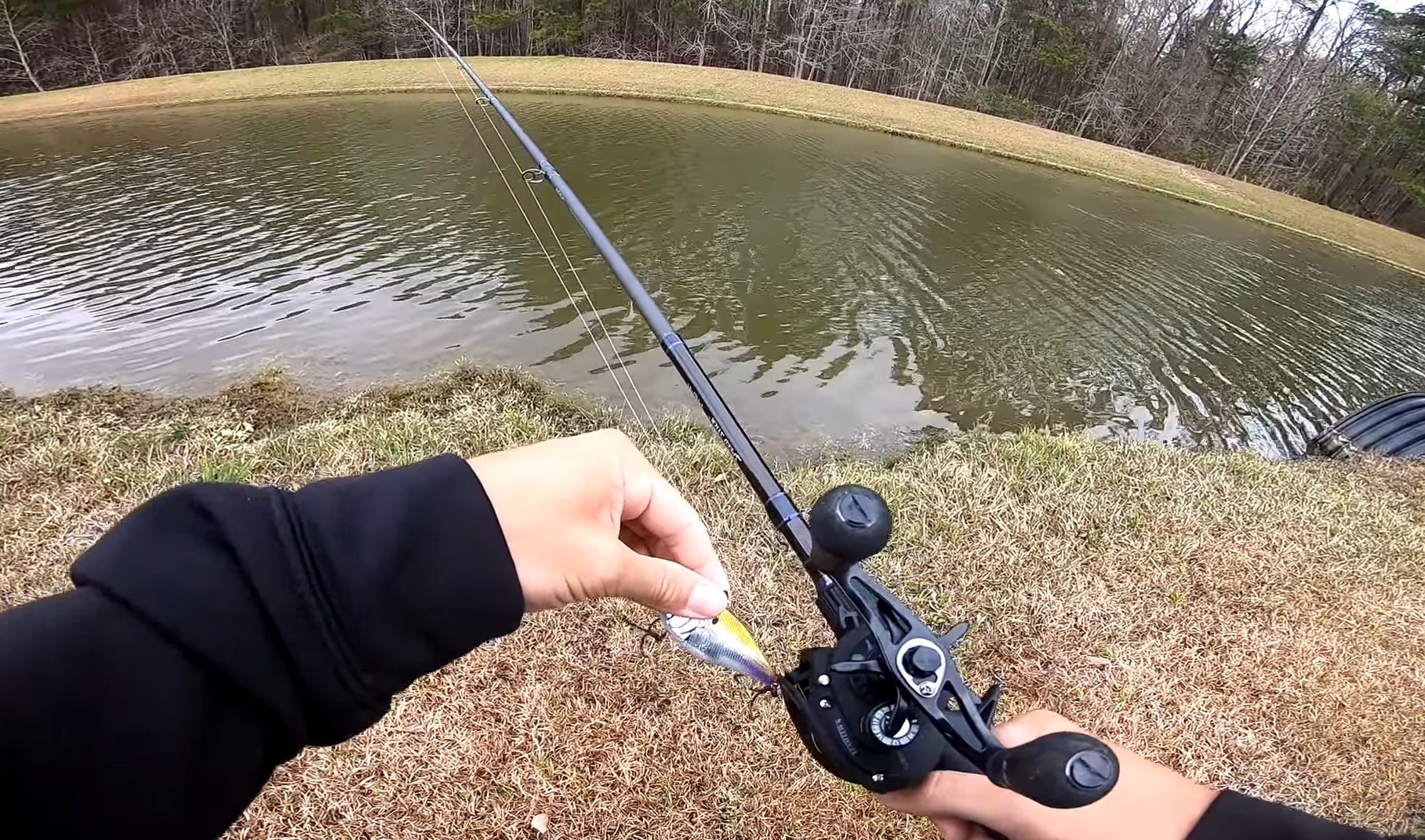
Aids conservation
By paying their taxes and buying fishing licenses, anglers help fund conservation and wildlife programs. By knowing the importance of clean water and air, they protect and conserve the environment.
Supports fisheries management
By helping with setting creel limits and seasons, anglers contribute to fisheries management. This helps the population of fish species either remain stable or increase. While helping increase bio-diversity, anglers also protect and preserve all fish species and the environment.
Stress relief
Going fishing helps one release any pent-up stress in the body. This calming exercise helps to rejuvenate one and interact directly with Nature.
Burn calories
For anyone trying to lose weight, fishing is a good pursuit and form of exercise. By burning extra calories, you can get over your problem of obesity differently and thereby improve the quality of your life.
Strengthens relations
If fishing is a hobby that you and your family share, it’s a great way of bonding with them.
Self-fulfillment
By excelling in outdoor activity skills and respecting the environment, you increase your self-esteem. Fishing is a skill that you can enjoy all your life, and it plays a stellar role in one’s social development.
Importance of Hunting
Hunting is an intrinsic part of our evolution. Over the years, as its complexion has changed from being a food providing avenue to being an aid in preserving our ecosystem.
Here are some major ways in which hunting can be seen in a positive light:

- Hunting helps us appreciate wildlife and the environment in a way that no other outdoor pursuit can.
- By providing funds for conservation and management of wildlife, it boosts the economy.
- The pursuit of hunting helps Nature keep a good balance of wildlife. It helps keep animal populations at a level that’s compatible with human activities and the use of the land.
- Hunting helps conserve natural biodiversity.
- Through hunting, game population is controlled, thereby reducing damage to property and to individuals.
- Hunters provide important survey information from forests that could be useful to wildlife managers to find out how healthy an ecosystem is.
- Hunting allows local people to eat locally grown meat, free of additives, hormones, and other stimulants.
Tools and Techniques
Fishing and hunting have tools and techniques specific to them. Let’s take a look at them.
Fishing Tools
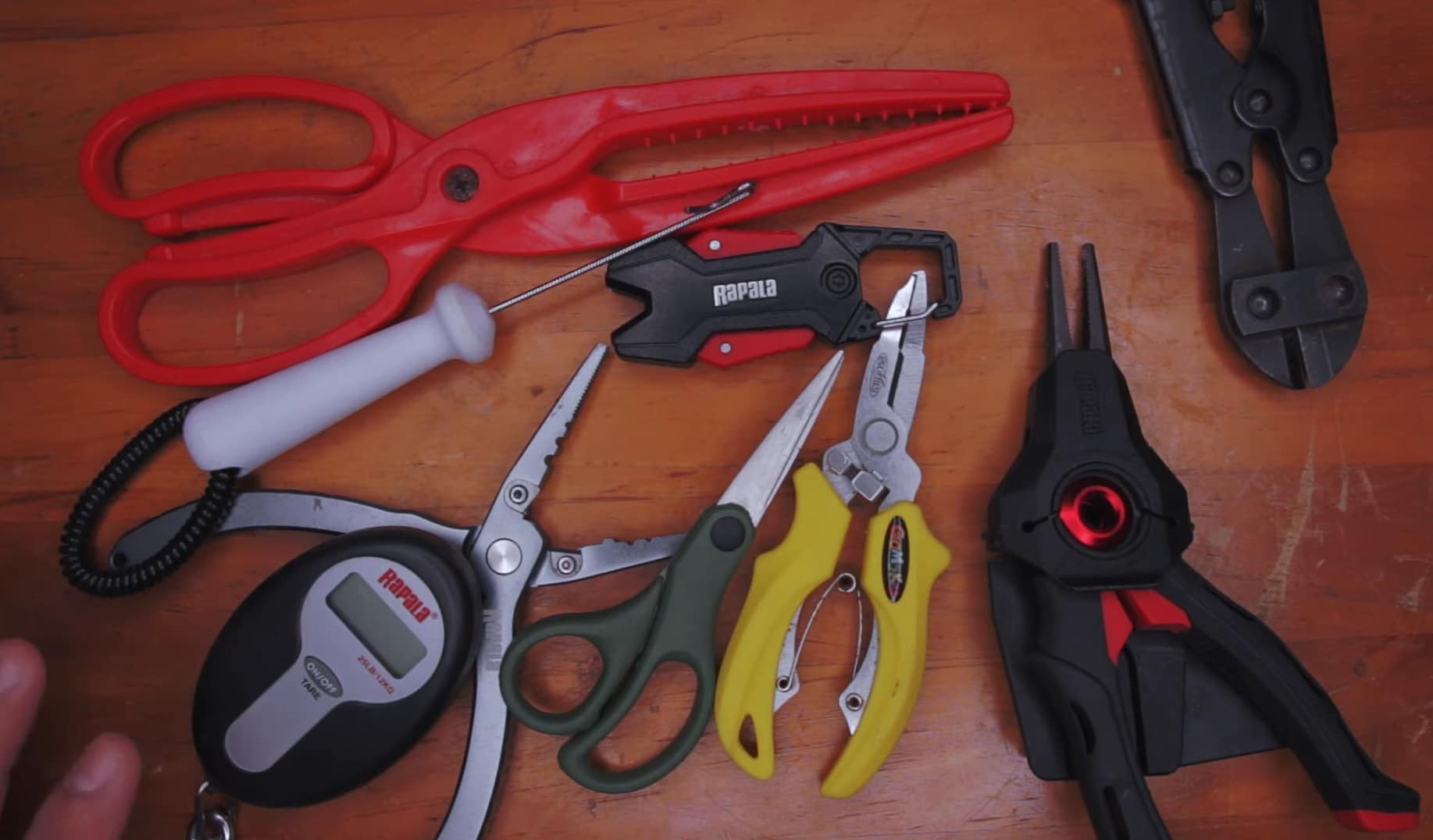
Usually, recreational fishing makes use of a reel, hook, line, rod, and a variety of baits. If you’re an angler, you’ll catch fish using a hook. These are some basic tools of fishing, but you could also use fishing nets and trap nets and fish traps.
Fishing Techniques
Fishing techniques are methods for catching fish. These techniques are also used to catch squid, octopus and shellfish and other edible marine life. The most popular fishing techniques include hand-gathering, spearfishing, netting, and angling.
Hand-gathering
You can get a good sea catch by using your hands. This could mean picking shellfish right off the beach or digging to find crabs or clams. This technique is called hand-gathering.
Spearfishing
This is an ancient fishing method in which a spear or a harpoon is used. You might also find slings used to drive the spear.
Netting
Fishing nets made of mesh are generally used in commercial fishing. They are made from nylon fibers and are woven into a grid-like pattern. They are also known as fish traps or fyke nets.
Angling
Angling is a fishing technique in which an angle or hook is used. It is linked to a line and often weighed down so that it sinks low into the water. The tip of the hook contains a bait to lure the fish with.
Hunting Tools
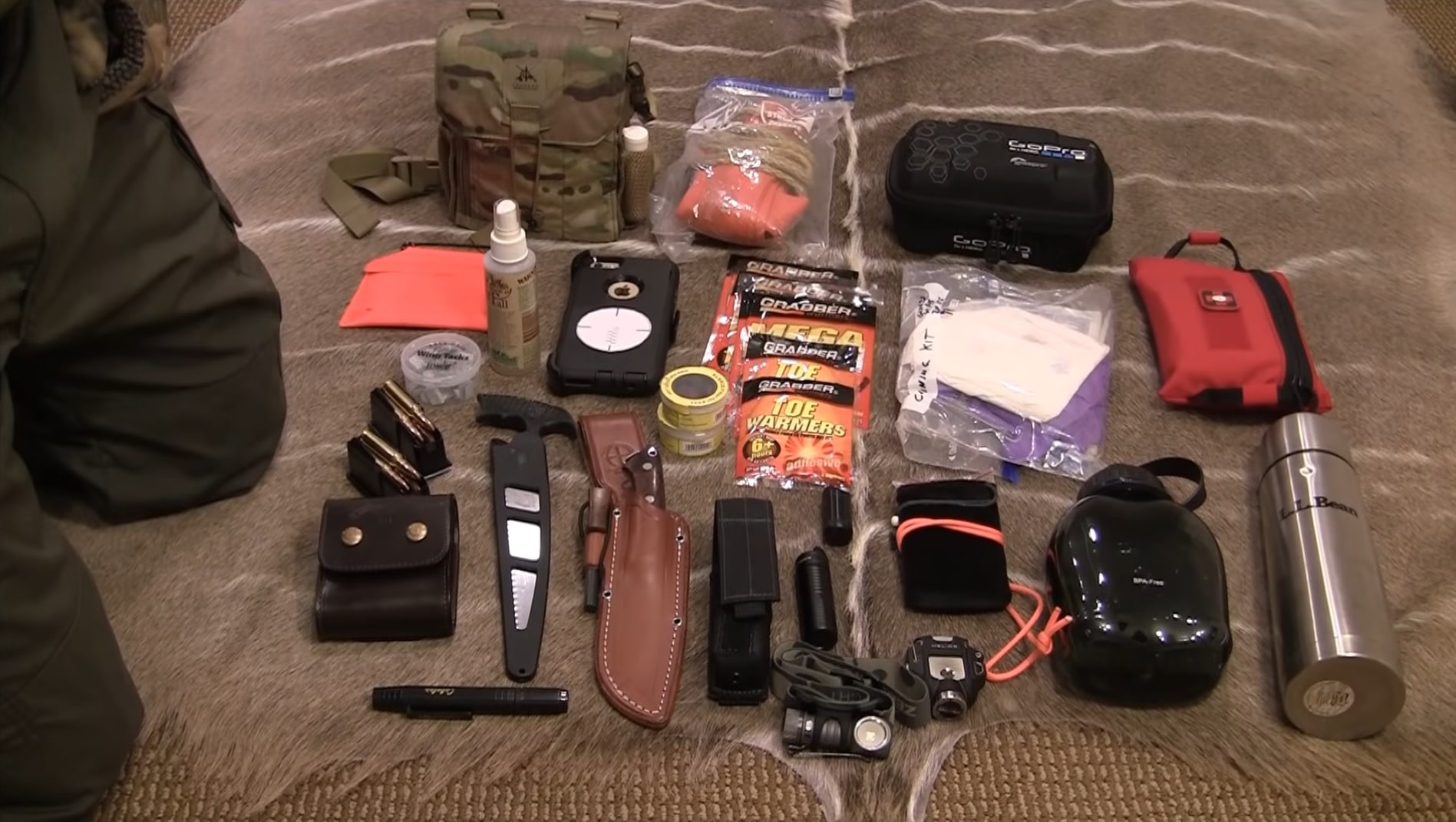
An experienced hunter doesn’t go hunting without being fully armed. This means not just his weapon but also other tools that he’s going to need in the process.
Here are the most basic of them:
Flagging Tape
If you’re a hunter, you must have some flagging tape with you. It can track a blood trail if you leave a little tape at an important area so that you find the animal quickly. You can also mark trails in tree stands and in and outside blinds.
Pocket knife
With a pocket knife at the ready, you can stab it in the stomach; you can also cut the rope with it. It has many uses, so it’s worth carrying along.
GPS/radio
A combination of a GPS tracker and a radio can help you get in touch with other hunters and keep track of them on your map. It’s a great asset for a seasoned hunter, so don’t forget to take it along.
Folding Saw
If you have a small brush saw, you can use it to cut out the trail and clear large branches for shooting lanes. As you go hunting often, you’ll find more innovative uses for this tool.
Read also: Best Pocket Knife Sharpener Reviews
Hunting Techniques
Hunting techniques or strategies are tactics that help pursue and kill a particular animal. The strategy used depends on the kind of animal being hunted down, the climate and terrain and the hunting laws of the area.
The most common hunting methods used include the following:
Still Hunting
Using this technique, large game species like bears, deer, elk, and hogs are hunted. Here, the hunter sneaks into an animal’s natural habitat and spots it before it can spot the hunter. This method demands a lot of practice, time and skill, and is therefore not preferred.
Stand Hunting
If you’re hunting for large game, this is the best method to use. In this method, the hunter stands still and waits for the animal to approach him. To make the hunt comfortable and difficult to be spotted by the animal, hunters use ground blinds, tripod stands, and tree-stands, or even a food source.
Calling
Here, the hunter mimics the calls of animals to lure the animal into his trap. This is particularly effective in the mating season. These calls could be bleat calls, grunt calls or rattling antlers.
Baiting
Though baiting is very popular and a good method of encountering game, yet it is important to check if it is within the local wildlife laws or not. Here, artificial food is set down near a hunting stand to lure the animal pursued. These could be salt, apples, peanut butter, field corn or molasses.
With these hunting techniques, hunters pursue and kill animals.
Environmental Impact of Fishing and Hunting
What started centuries ago as a means of survival is today a thriving industry, besides also being a much-sought-after recreation. Both fishing and hunting fall under both categories. And they both have made a positive environmental impact on the environment.
Environmental Impact of Fishing

The demand and supply of fish all over the world has led to activities that harm the ecosystem of marine life. The overall impact of fishing has led to wide-scale concern from governments and other concerned bodies. Let’s take a look at them:
Over-fishing
This is due to the rich presence of all kinds of fish in the waters and high demand for them. As of now, rare fish species are extinct, and in a few years, there will be little or no fish for our consumption.
Due to overfishing, the fish population is depleted and could cause an environmental crisis if the fish exploited belong to a food chain. The negative impact of this is that there won’t be any fish in the water bodies after 2050.
Bycatch
This term refers to the unwanted parts of a fish’s body which are taken along with it and is eventually thrown away. These include tiny fish of target species. This is bad for the fish population as they too are caught with big fish and removed from their natural habitat and thrown away.
Ecological Disturbance
With the marine ecosystem being over-exploited, the fish experience mental and physical problems such as stress and injuries from the fishing hooks. Due to over-fishing, the food that the fish feed on is difficult to find naturally, and this kills fish species.
Marine Pollution
The disposal of fishing materials after fishing like fishing nets and other debris causes danger to the aquatic creatures upon ingestion. If the fish become entangled in the nets, this can cause injuries to their bodies and even death. Ghost nets are estimated to account for 10 percent of fish loss.
Environmental Impact of Hunting
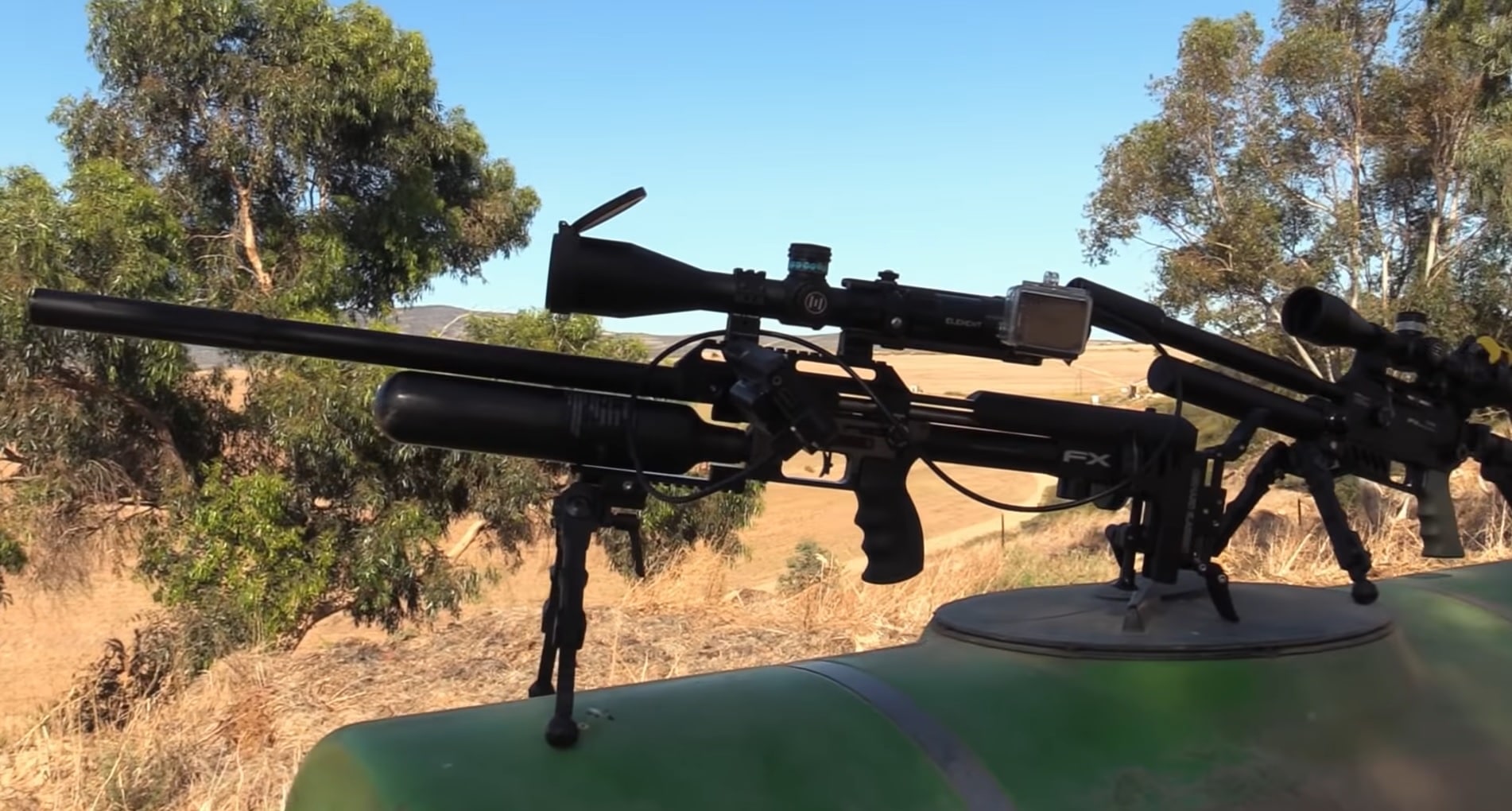
From hunting for daily food to enjoying the thrill of hunting, this sport has come a long way. All over the world, people love this sport while others use it to spur an industry.
Here are the areas of impact that hunting has had on the environment:
Controls Animal Population and Maintains Ecological Balance
Hunting can be seen as a method of maintaining the balance of animal life in a particular territory. If, in a particular forest, the number of a particular animal species increases, it causes an imbalance in the ecosystem and the food chain.
If such animals are hunted down, the animal population of that species will return to normal, and there will be an ecological balance there.
Jobs Spawned by Hunting
Hunting doesn’t only serve as a food provider but also as an avenue for jobs in the hunting-related industries. The main job sectors related to the hunting industry include equipment dealers, gamekeepers, service providers, arms manufacturers, hunting arms dealers, professional hunters, hunting trip planners, dog trainers, etc.
Boosting Animal Products-related Industries
Animals that are hunted down boost several industries like fur and leather. Animals such as mink, muskrat, beavers, otters, weasels, raccoon, etc. are hunted for their fur. Garments made of leather are also in great demand.
Apart from the fur of animals, they also boost industries that deal in leather, meat, bones, raw materials, shotguns, medicines, combs, soaps, etc.
Benefitting Biological Causes
Hunting plays a positive role in benefitting biological causes, such as preventing the spread of diseases and helping contain biomass. By harvesting animals before they can contract any diseases, hunting plays a positive role in not spreading any disease and killing them instead.
Conclusion
There are more anglers in this world than hunters. This proves that fishing is a better sport or hobby than hunting. Though based on this and other counts, fishing may stand out, yet it is preferable to choose the sport that matches with your personality.
Read also:
7 Best Upland Hunting Boots 2025 Reviews & Buying Guide
7 Best Cellular Trail Camera Reviews 2025 With Buying Guide
11 Tips To Choose Clothes For A Hunting Trip